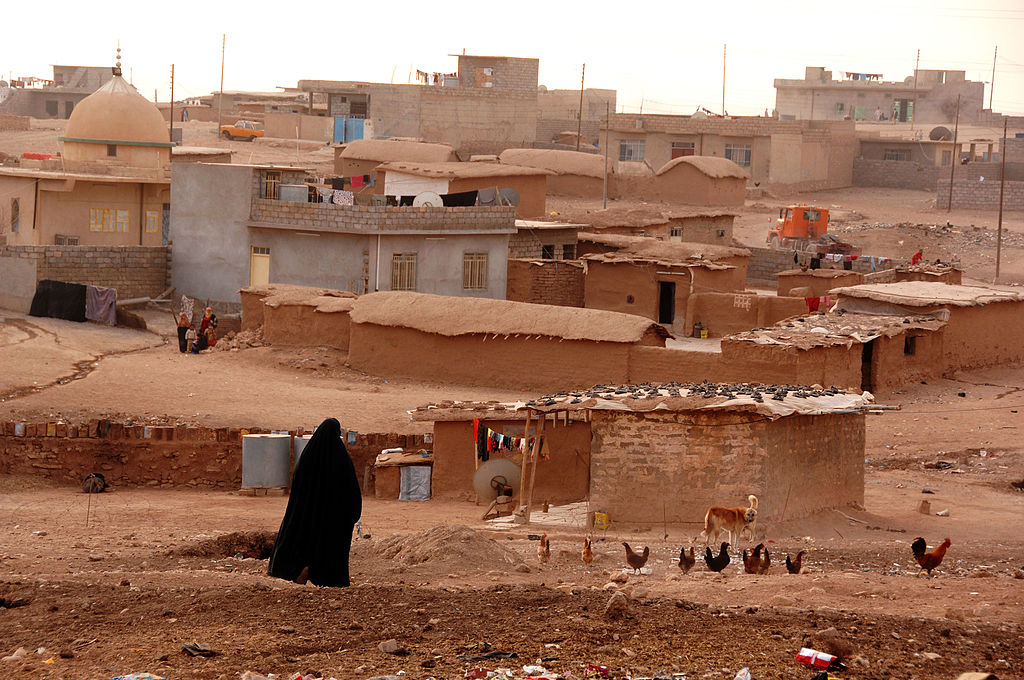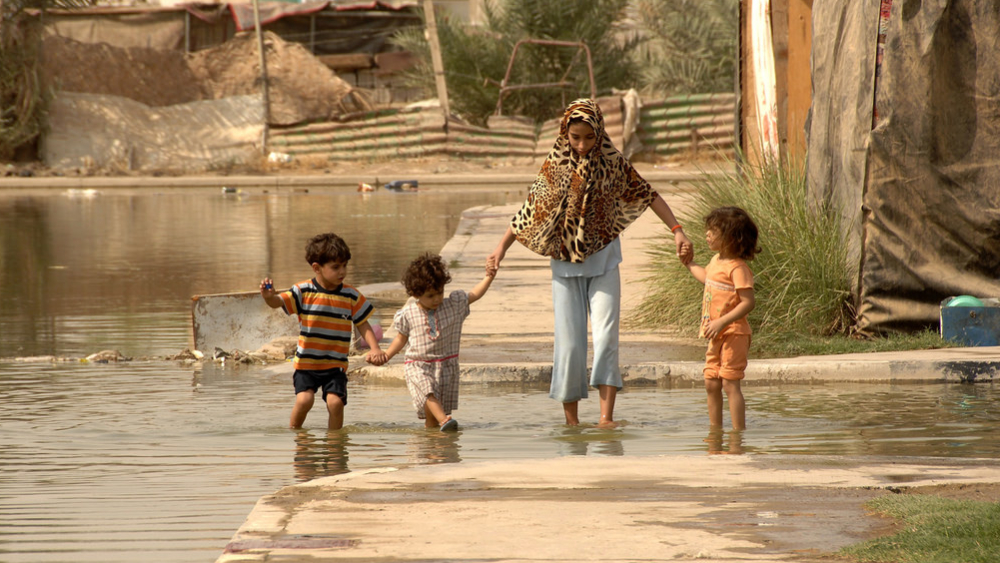Christians return to Nineveh, but fresh violence may cause them to ‘flee for good’
Fresh large-scale fighting in the disputed territory between Iraq and its Kurdish region could further drain the region of Christians – only months after the military defeat of Islamic State persuaded some to return to their homes, experts have warned.
Small numbers of Iraqi Christians are gradually returning to the towns and villages in the northern Nineveh Plains region following three years living in camps or in cramped rental accommodation after they were forced to flee by IS in 2014.
However, fighting between Iraqi and Kurdish forces following the September Kurdish referendum on independence threatens to end hopes of peace that followed the military defeat of IS in Iraq.
“They would leave, and be unlikely to return.” – Stephen Rasche
Stephen Rasche, legal counsel for the Catholic Archdiocese of Erbil, told World Watch Monitor that sustained fighting in the region would result in Christians in northern Iraq fleeing again to escape the renewed insecurity.
“If real fighting were to break out in Nineveh, that would be the end of Christians in Nineveh; they would not wait this out. They would leave, and be unlikely to return,” he said.
He added that Nineveh was “split down the middle: on one side is the Peshmerga, on the other are Iraqi forces including the [Shia] Hashd [militias]. Christians are on both sides of the divide”. Because the Christians find themselves geographically divided, any political influence they may have is weakened.
“If full-scale war were to return to Iraq, we are afraid that Christians would not survive it.” – Rev. Salar Kajo
An Iraqi Catholic priest issued a similar warning on 16 October in a communiqué from the Catholic charity Aid to the Church in Need. Rev. Salar Kajo, vicar-general of Alqosh, said: “If full-scale war were to return to Iraq, we are afraid that Christians would not survive it.”
In the communiqué the charity suggested that the Iraqi-Kurdish violence could undo recently begun resettlement work which has enabled thousands of Iraqi Christians to return to their homes in Nineveh.
Rev. Kajo, head of a church-run reconstruction project, voiced concerns over the referendum’s impact on Christians when he addressed an audience at the UK Parliament last week.
Speaking at the launch of ‘Persecuted and Forgotten?’, a report into the persecution of Christians published by Aid to the Church in Need, he said that because the Christian-majority villages and towns lie in disputed territory, neither Baghdad nor the Kurdish administration had taken responsibility for residents’ welfare.
The Kurds “want to take lands of Christians and proclaim their states. And from the other part, the [Iraqi] government neglected these lands. They said, because we don’t know if you will follow the Kurdish government or you will follow Baghdad government”, said Rev. Kajo.
“War is the only road open to children.” – Annie Demerjian
Meanwhile Aleppo-based nun Annie Demerjian described how living under IS had impacted children in Syria and created a “lost generation”.
“War is the only road open to children,” she said. “They are led into chaos [and become] unwilling actors in a hell they did not create.”
She and another speaker at the event, Lebanese Archbishop Issam John Darwish, both said that the West should reconsider its sanctions against the Syrian regime. “Sanctions only hurt the people, so they should be stopped,” she said, calling for the resumption of dialogue and questioning the motives behind the Western-backed opposition. “Maybe someone has another agenda – of oil, gas,” she said.
Archbishop Darwish of Zahle and Furwol, whose diocese is helping to look after Syrian refugees including many Christians, said the Western media did not understand what was going on in Syria or Iraq.

A woman walks through her village outside of Mosul, Iraq Spc. Kieran Cuddihy1 License
“The government of Syria protects Christians and other minorities. We need [Western nations] to attend dialogue and put in place a programme of peace in the Middle East,” he said, describing the Syrian conflict as being between “the Syrian regime and Western governments”.
The audience also heard from a Nigerian archbishop. Analysing the violence suffered by Christians and others at the hands of Boko Haram militants, Catholic Archbishop Matthew Kukah of Sokoto blamed suspicion and hostility towards Christians among some Muslims there on a lack of education. He added that the inter-religious dialogue the region’s Catholic bishops had taken part in had been “a very frustrating experience”.
However, in Madalla near Abuja, one of the sites where bombings and shootings on Christmas Day 2011 claimed more than 40 lives, he said “not only is the church now standing but five new parishes have sprung from that same community”.
Email This Story
Why not send this to a friend?



